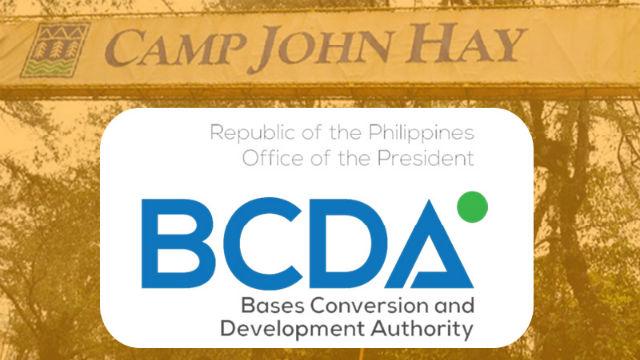Laws are enacted to serve as unbendable rules of conduct to ensure order in our society. A law which is not firm is not a good law at all. The idea in enacting them is to prescribe a rule that applies to everyone and and to every situation. Many of our laws are intended to make sure the funds in intended for public works or welfare are spent properly and for its intended purpose. One of the most stringent laws intended to safeguard public funds from improper use is the Procurement Law or RA 9184. The ultimate purpose of this law is to make sure that procurement by the government has to be the lowest price through competitive public bidding. If the bidding process is open to the public, participating suppliers will have to offer the lowest price and the government may award the project to the one with the lowest price so that funds are correctly spent. Or not! The process is unbelievably long and meticulous sometimes to the point of delaying the delivery of service to the public. Since entering public office, I have always considered the procurement law very restrictive and inefficient. Many years after it came into effect, I think people have not become less corrupt- they turned creative. My strongest evidence for this claim is NAPOLES. A name that has now become synonymous to large scale and blatant corruption. The quality of public works has also unfortunately suffered.
COVID-19 has actually softened a little, this stringent law. The rigidity of the law even in times of emergency or calamity has now been finally recognized. Under Government Procurement Policy Board (GPPB) Resolution No. 03-2020, the Head of the Procuring Entity (e.g. Mayor) may now designate a personnel who will negotiate the procurement and designate another personnel (other than the Bids and Awards Committee) to award the contract. This will allow a faster process of purchasing much needed relief goods, equipment, and materials needed for the government’s Covid-19 response. The documentary requirements have even been so relaxed that an expired mayor’s permit of the supplier can still be honored. The GPPB adopted the resolution “in order to provide immediate response and initial recovery steps to avoid loss of life, injury, disease and other negative effects on human, physical, mental and social well-being, together with damage to property, destruction of assets, loss of services, social and economic disruption and environmental degradation”. This new streamlined process, makes it possible for the purchase of goods and services within a day! Although there is still the problem when it comes to logistics because not all local governments have easy access to suppliers of the goods and other necessities.
In all fairness to the procurement law, the intention behind its complicated process is to ensure that public funds are maximized and correctly used. It is just that it is probably time that the national government make a study on how to make the law more responsive to the needs of the people especially during emergencies. Maybe the government can learn from the process employed by other countries when it comes to a faster process of procurement. At the end of the day, it is the delivery of fast and efficient service to the public that matters most of all.
Lastly, may I congratulate all the new lawyers who passed the last bar examinations! The next examinees are probably the luckiest because they will have more time to review due to the postponement of the next bar examinations to next year.













